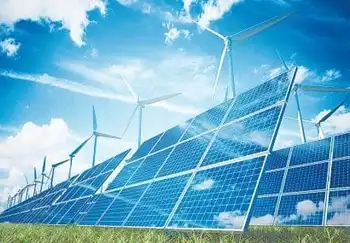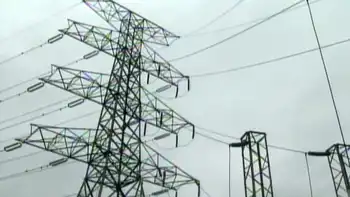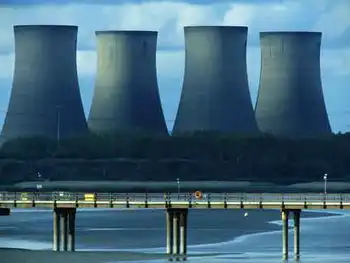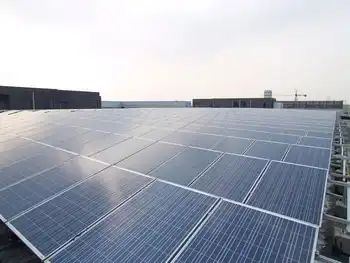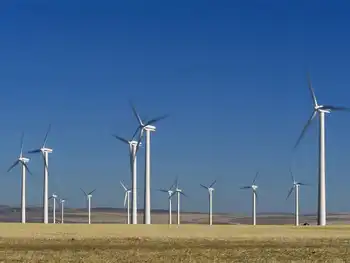Mexican president's contentious electricity overhaul defeated in Congress
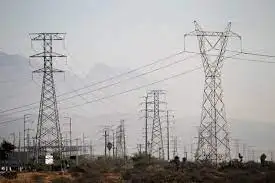
Substation Relay Protection Training
Our customized live online or in‑person group training can be delivered to your staff at your location.

- Live Online
- 12 hours Instructor-led
- Group Training Available
Mexico Energy Reform Defeat underscores opposition unity as CFE-first rules, state regulators, and lithium nationalization falter amid USMCA concerns, investment risks, and clean energy transition impacts in Congress over power generation policy.
Key Points
The failed push to expand CFE control, flagged for USMCA risks, higher costs, regulator shifts, and slower clean energy transition.
✅ Bill to mandate 54% CFE generation and priority dispatch failed.
✅ Opposition cited USMCA breaches, higher prices, slower clean energy.
✅ Lithium nationalization to return via separate legislation.
Mexican President Andres Manuel Lopez Obrador's plan to increase state control of power generation was defeated in parliament on Sunday, as opposition parties united in the face of a bill they said would hurt investment and breach international obligations, concerns mirrored by rulings such as the Florida court on electricity monopolies that scrutinize market concentration.
His National Regeneration Movement (MORENA) and its allies fell nearly 60 votes short of the two-thirds majority needed in the 500-seat lower house of Congress, mustering just 275 votes after a raucous session that lasted more than 12 hours.
Seeking to roll back previous constitutional reforms that liberalized the electricity market, Lopez Obrador's proposed changes would have done away with a requirement that state-owned Comision Federal de Electricidad (CFE) sell the cheapest electricity first, a move reminiscent of debates when energy groups warned on pricing changes under federal proposals, allowing it to sell its own electricity ahead of other power companies.
Under the bill, the CFE would also have been set to generate a minimum of 54% of the country's total electricity, and energy regulation would have been shifted from independent bodies to state regulators, paralleling concerns raised when a Calgary retailer opposed a market overhaul over regulatory impacts.
The contentious proposals faced much criticism from business groups and the United States, Mexico's top trade partner as well as other allies who argued it would violate the regional trade deal, the United States-Mexico-Canada Agreement (USMCA), even as the USA looks to Canada for green power to deepen cross-border energy ties.
Lopez Obrador had argued the bill would have protected consumers and made the country more energy independent, echoing how Texas weighs market reforms to avoid blackouts to bolster reliability, saying the legislation was vital to his plans to "transform" Mexico.
Although the odds were against his party, he came into the vote seeking to leverage his victory in last weekend's referendum on his leadership.
Speaking ahead of the vote, Jorge Alvarez Maynez, a lawmaker from the opposition Citizens' Movement party, said the proposals, if enacted, would damage Mexico, pointing to experiences like the Texas electricity market bailout after a severe winter storm as cautionary examples.
"There isn't a specialist, academic, environmentalist or activist with a smidgen of doubt - this bill would increase electricity prices, slow the transition to (clean) energy in our country and violate international agreements," he added.
Supporters of clean-energy goals noted that subnational shifts, such as the New Mexico 100% clean electricity bill can illustrate alternative pathways to reform.
The bill also contained a provision to nationalize lithium resources.
Lopez Obrador said this week that if the bill was defeated, he would send another bill to Congress on Monday aiming to have at least the lithium portion of the proposed legislation passed.





